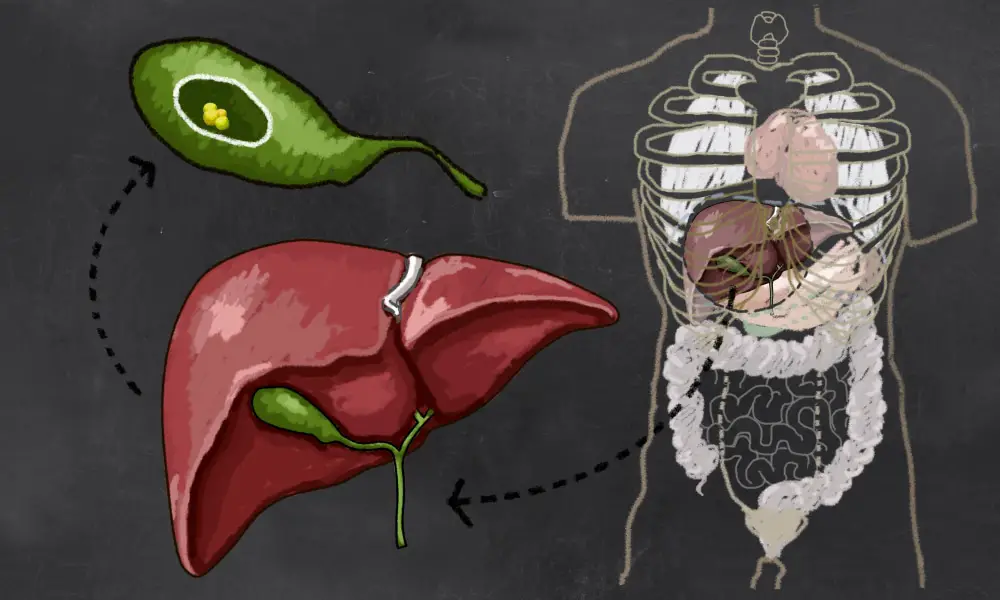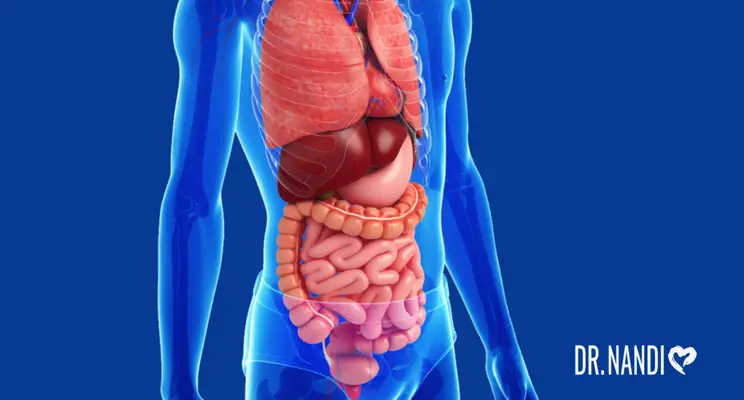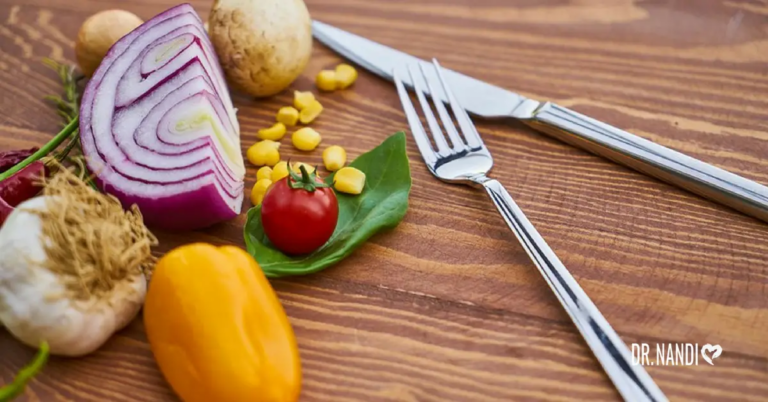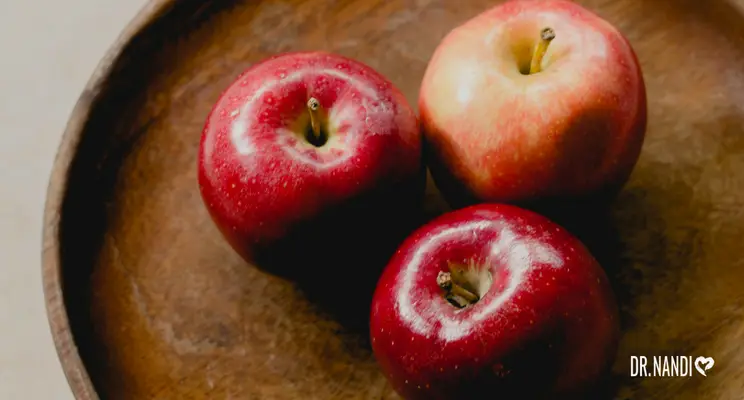Appetite Hormones
Many substances help control our appetite, but two hormones are recognized as having a major influence on regulating this process. They are ghrelin and leptin.
Ghrelin is called the “hunger hormone” because it stimulates appetite, increases food intake, and promotes fat storage. It is a gut-brain peptide thought to operate between the stomach and the brain via the vagus nerve. (1)
After eating, your stomach distends and the secretion of leptin, the “satiety hormone,” increases which gives you a sensation of fullness and signals the brain that it’s time to stop eating. (2)
Glucagon is a hormone produced by the pancreas. It counteracts the actions of insulin by stimulating the liver to release stored glucose thereby increasing blood glucose levels. This increase in glucose suppresses ghrelin secretion and thus your appetite. (3)
Recent studies from Swiss scientists suggest that bile acid produced by the gallbladder may also be instrumental in aiding you to feel full while potentially helping to curb cravings. Since bile is involved in fat metabolism, the increase or decrease of dietary fat appears to stimulate bile salts. These salts may modify conditions such as obesity, gut malabsorption, and chronic inflammation which can affect appetites. (4)
Gallbladder
The gallbladder is a small pouch that sits under the liver and next to the pancreas. Its primary function is to store bile produced by the liver. When food is eaten, the gallbladder contracts and releases stored bile into the small intestine to help break down ingested fats. After meals, the gallbladder is empty and flat, like a deflated balloon. (5)
Bile is a greenish-yellow fluid consisting of about 95% water and dissolved solids including bile salts, bilirubin, phospholipids, amino acids, steroids, and enzymes. Bile production takes place in the liver from the breakdown of cholesterol in the body.
Seventeen enzymes convert cholesterol into bile acids, which are transformed into bile salts by sodium and potassium. Bile salts are the actual substances that help break down and absorb fats. About 95% of bile salts are reabsorbed by the small intestines and recycled back to the liver for further secretion into the biliary system and gallbladder. (6)
Appetite Issues
As you can see, the controlling of our appetites involves many complex pathways. A lack of bile salts can cause a buildup of toxins in the body as well as problems with the formation of hormones since they are made from fats. This can affect the production of the above-mentioned appetite hormones, resulting in numerous disruptions to eating behavior.
There are several conditions that can slow down or stop the liver from producing bile including damage to the liver from acute hepatitis, alcohol-related liver disease, scarring of the bile ducts, cirrhosis, and even certain drugs. Diseases involving the gut such as Crohn’s or IBS can result in bile salt malabsorption. Problems with your gallbladder including gall stones, bile duct blockage, and removal of your gallbladder can also affect these appetite processes. (7)
As we move forward, ongoing research will continue to clarify our understanding of these complex relationships. In time we’ll be able to help support our unique bodies even better through the right diet choices.
SOURCES
- https://www.yourhormones.info/hormones/ghrelin/
- https://www.sciencedaily.com/releases/2021/05/210524161743.htm
- https://pubmed.ncbi.nlm.nih.gov/16131602/
- https://www.sciencedaily.com/releases/2021/05/210524161743.htm
- https://www.webmd.com/digestive-disorders/picture-of-the-gallbladder
- https://www.hopkinsmedicine.org/health/conditions-and-diseases/biliary-system-anatomy-and-functions
- https://www.healthline.com/health/bile-salts#takeaway


















